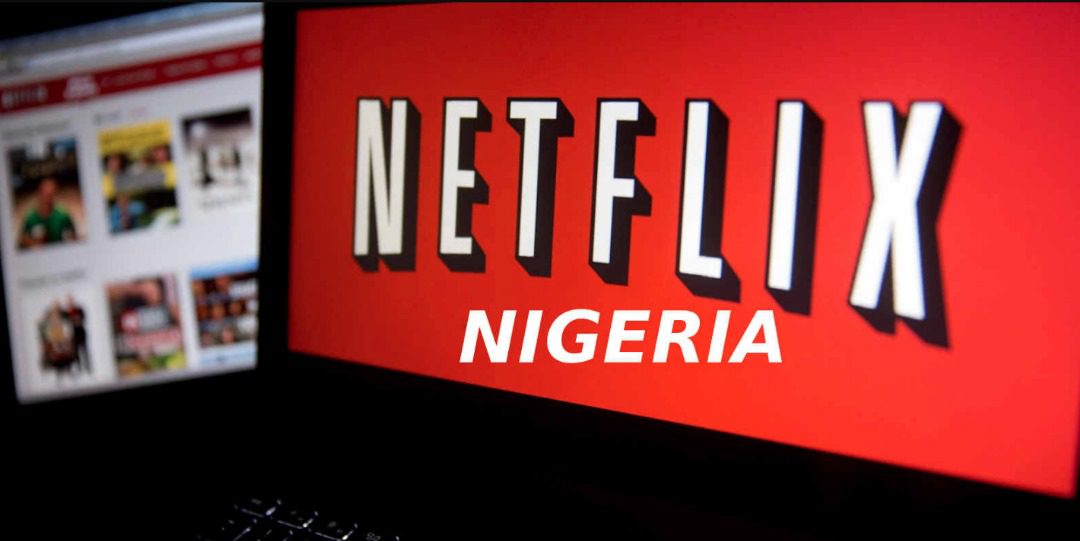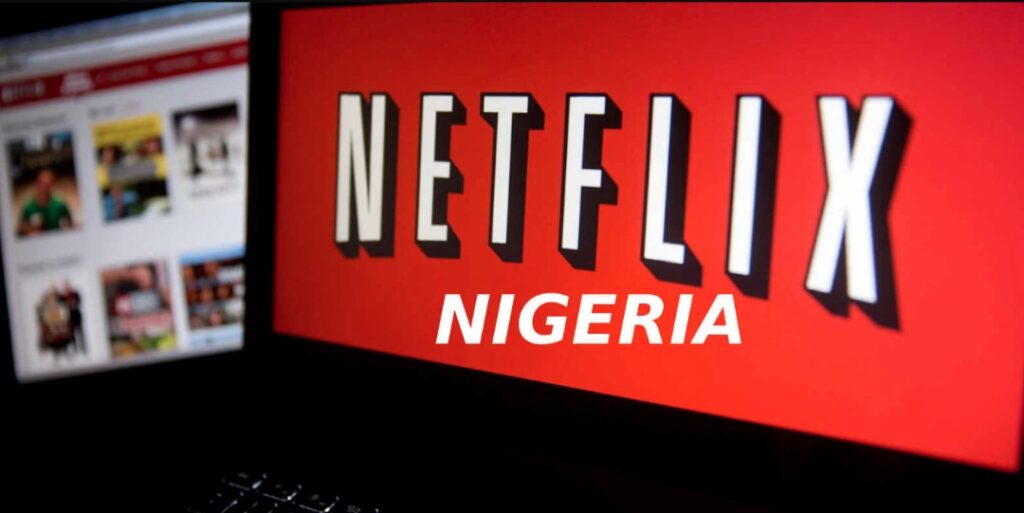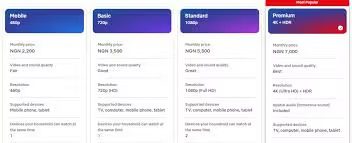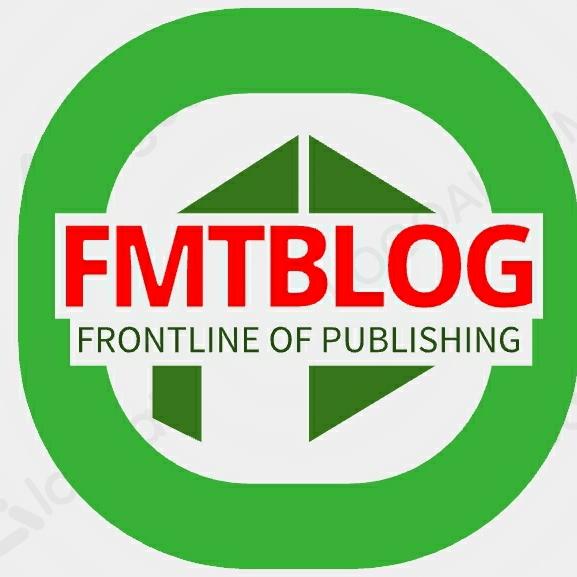
An online movie streaming platform, Netflix has stunned its Nigerian audience by increasing subscription prices by around 40%.

This latest move comes as part of a global trend for Netflix, with price changes also noted in other international markets, including the United States, United Kingdom, and France.
Renowned for its diverse range of TV shows, films, and innovative product features, Netflix’s justification for this price surge is linked to the continuous expansion and improvement of its content.
The company’s statement on its website also cited reasons such as changes to local market taxes, inflation, and other factors that influence the pricing of its service.
The exact changes to the subscription prices affect all four plans offered by Netflix. The mobile plan, designed for individual users on a mobile device, has seen an 83% increase from ₦1,200 to ₦2,200.
The basic plan now stands at ₦3,500, up from ₦2,900 monthly. The standard subscription, offering HD quality viewing on two devices simultaneously, has increased by ₦1,000 to ₦5,000 per month.
The premium plan, providing Ultra HD quality on four devices at a time with download options on six devices, is now priced at ₦7,000 per month.
Despite commanding just 10.5% of total subscribers in Africa, according to Omdia Research, Nigeria is a critical market for Netflix.

However, this latest price hike comes during a challenging period in Nigeria, as the country struggles with escalating inflation and a cost of living crisis.
The news brings back memories of a similar strategy adopted by Multichoice’s Showmax, resulting in a significant public outcry early in the year. With these rising costs, the Nigerian populace must reassess its commitment to the various streaming services and their value for money.
The unfolding situation offers a critical view into how global enterprises like Netflix balance their need for profitability and expansion with the economic struggles and consumer satisfaction in key markets like Nigeria.



